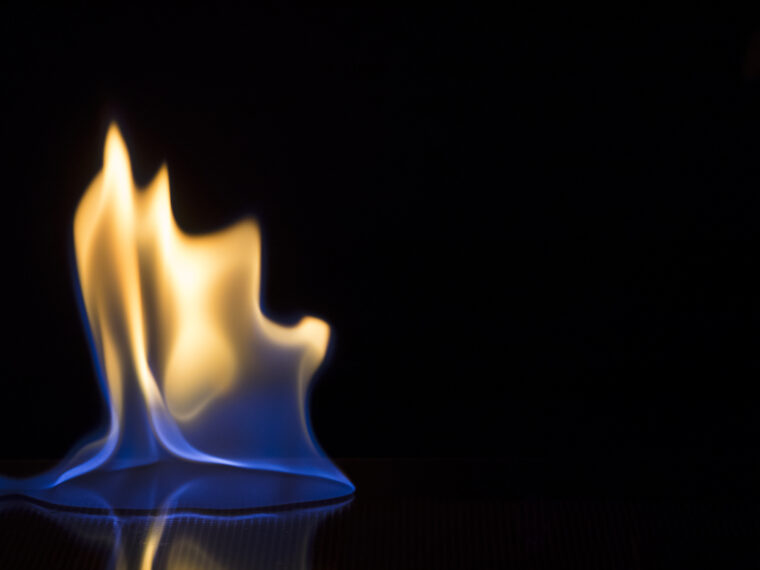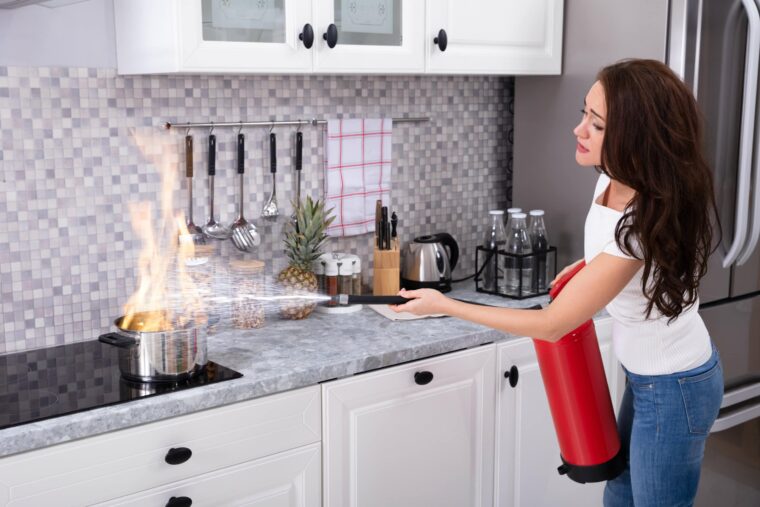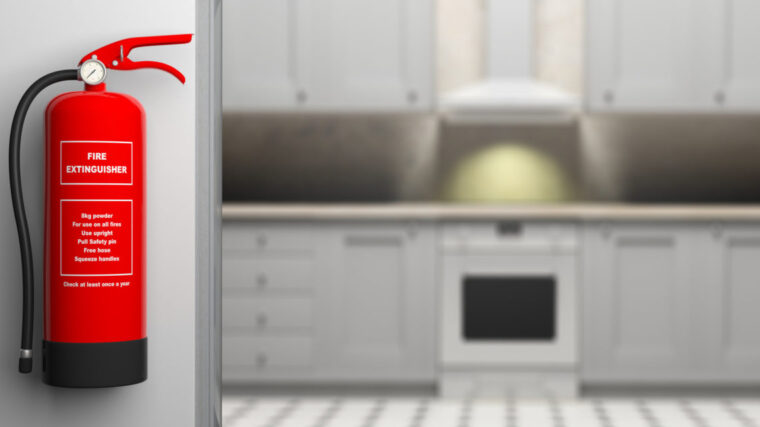If you own a restaurant, you are probably aware of the thought and care that goes into a kitchen’s safety.
Commercial kitchens follow the minimum fire safety requirements as dictated by the government, but often, they are not enough. Restaurants are filled with elements that can potentially start a kitchen fire, such as stoves, ovens, an abundance of grease, and cooking gas cylinders. And as a restaurateur, you’ll want to prevent kitchen fires to the best of your ability.
So, if you’re looking to reduce the possibilities of kitchen fires further, you’ve come to the right place. The following restaurant fire prevention tips will keep your restaurant kitchen free of fires for the foreseeable future as suggested by baremetalstandard.com.
3 Common Causes Of Fire In Restaurants

1. Gas Leaks
Gas leaks could be caused by a damaged cylinder or pipe, causing the flammable gas to escape. This is one of the most common reasons for any kitchen fires, not limited to restaurants. Having your staff check the gas cylinders for damage every day is always a good idea.
2. Improper Grease Management
Restaurants produce a lot of grease, which is collected in grease traps in the sinks. Over time, the grease builds up and may result in the production of extreme heat, eventually starting a fire.
Grease is a common fire hazard and when ablaze, it can become difficult to manage. Clearing out the grease traps regularly is crucial to prevent a grease fire.
3. Electrical Wires
It doesn’t take much for electrical wiring to cause a kitchen fire. Frayed, broken, or damaged wires are often what cause fire risks and since restaurant kitchens use large appliances, they are susceptible to short circuits. Regular checks can go a long way in preventing such fires.
8 Fire Safety Tips For Restaurant Kitchens

1. Fire Suppression System
An automated fire suppression system will go a long way in suppressing accidental kitchen fires. They contain cylinders filled with clean agents that are released when a fire is detected, making them a crucial part of any restaurant’s fire safety.
Have a sound fire suppression system installed by a certified technician for round-the-clock fire safety in your restaurant kitchen.
2. Cleaning Hood Regularly
Grease buildup in the kitchen hood is a fire hazard that should not be overlooked. Even if you have an exhaust cleaner installed, having it checked regularly for grease buildup can prevent any chances of kitchen fires.
You may employ a reliable kitchen exhaust cleaning service for this.. They will remove the grease and grime from your kitchen exhaust vent and duct systems, as well as the upblast fan on the rooftop. The motor in the upblast fan can also be damaged if left unclean for long, making it crucial to maintain regularly.
Having the vent cleaned by the cleaner company regularly will keep your establishment safe and free of any unfortunate fire accidents.
3. Automated Fire Alarm System
Automated fire alarm systems will detect unwanted fires and set off the suppression system, making it an essential part of any restaurant kitchen’s fire safety. The alarm will also alert people to leave the establishment immediately, preventing any health risks caused by smoke or heat.
4. Regularly Check Fire Suppression Equipment
Your fire suppression system must be checked every six months to see if it functions properly. If it shows signs of malfunction, you will have the chance of having it repaired or replaced, averting a disaster in the process. The same goes for the alarm system, as it works in tandem with the suppression system.
5. Keep Portable Fire Extinguishers In The Kitchen

Portable fire extinguishers can put out smaller fires. Should the need arise, these can extinguish any stray fires caused by grease or oil.
Typical kitchen fires caused by cooking combustibles are known as Class K fires, and that’s why Class K extinguishers are typically kept in restaurant kitchens. However, you can also store other classes of these extinguishers to suppress other kinds of fires, such as electric, plastic, or wood fires.
6. Install Emergency Lights And Exit Signs
Smoke can make it difficult for restaurant staff to find their way to the exit. This is where high-visibility emergency lights and exit signs show their value.
Emergency lights and exit signs have saved many lives by displaying directions to exits. You can have these installed in the area where staff and customers gather the most, maximizing their visibility and guiding them to safety. With proper maintenance, these exit signs will serve you for a long time.
7. Train Your Staff
Your staff members must know the steps they should take, should a kitchen fire erupt. They must be educated with the know-how of utilizing the fire suppression equipment and proper accident-response as well. This will ensure not only their safety but of their fellow members and customers as well.
You may also have certain routine drills planned for the staff to prevent fires from occurring before and after the establishment’s operating hours. Proper cleanliness, grease management, combustible equipment management, and fire safety drills are some of the areas you can educate your staff on.
8. Maintain Proper Clearance
Commercial kitchens are required to maintain appropriate clearance between cooking equipment and combustibles, which can prevent kitchen fires from becoming unmanageable. Ducts in particular need to be spaced properly, as they can radiate a large amount of heat on the outside and cause the combustibles to ignite.
The minimum recommended clearance between equipment and combustible materials is 18 inches. In establishments where maintaining such clearance is not possible, a clearance reduction system may be employed instead.

Fire prevention Is The Number One Goal
Restaurant fires are a costly affair. Not only do they cause damage to your establishment, they might also become a significant hazard to the safety of your staff and customers. Each contingency plan you create will bolster your kitchen’s fire safety and, in turn, keep everyone involved safe.
It’s crucial for your establishment to comply with the regulations put forth by the government when it comes to health and safety. With constant vigilance, proper cleanliness, and regular maintenance, your restaurant will remain fire-free for a long time.
